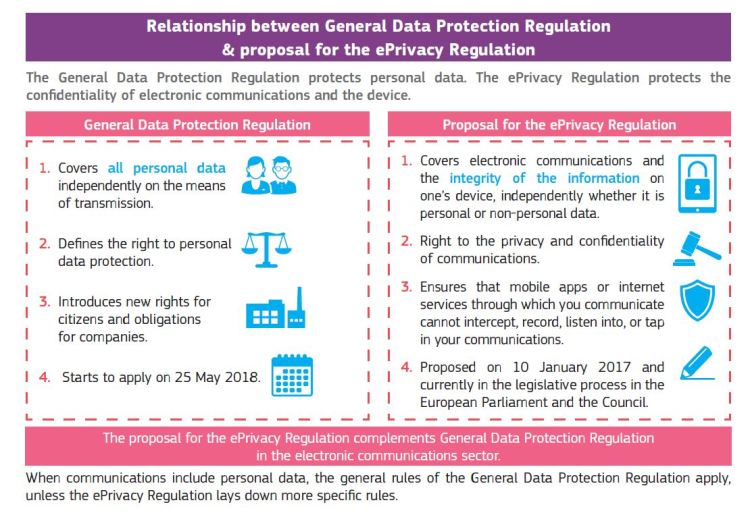Clearing out all the spam from companies complying with the EU’s General Data Protection Regulation may have worn you out over the weekend. But rest up, bucko, because that may have only been Round 1.
Since the GDPR was adopted two years ago, including the long grace period to allow for compliance, EU regulators have been formulating additional rules to plug the gaps many saw in that first set of rules.
The GDPR created new rules to ensure transparency around the use of personal data, the ability of people to restrict how their information is used, and stiff penalties for companies that fail to comply. But in January 2017 the European Commission proposed what it called “Regulation on Privacy and Electronic Communications,” or what is more generally known as the “ePrivacy” proposal.
So what does that mean?
June 5th: The AI Audit in NYC
Join us next week in NYC to engage with top executive leaders, delving into strategies for auditing AI models to ensure fairness, optimal performance, and ethical compliance across diverse organizations. Secure your attendance for this exclusive invite-only event.
The overall goal is to take existing rules that govern traditional telecom services, like landline phone calls, and extend them to newer communications services such as Skype, WhatsApp, Facebook Messenger, Gmail, iMessage, and Viber. The proposed rules target all electronic communications, including “the integrity of the information on one’s device,” and specify a right to privacy for all such communications. The proposal further states that mobile apps or internet services running on devices like smartphones cannot “intercept, record, listen into, or tap in your communications” in any way to make use of that data, even if it is anonymized in some fashion.
As the EU proposal puts it, “to ensure that Europeans’ electronic communications are confidential regardless of the technology used, the proposed rules will also apply to internet-based voice and internet-messaging services.”
The rules are currently being considered by the European Parliament and the Council, so there’s no guarantee they will ever take effect. Still, with strong political momentum around topics like privacy in Europe, and an equally strong desire to level the playing field between tech companies and consumers, privacy advocates are optimistic the rules will be adopted in the coming months.

